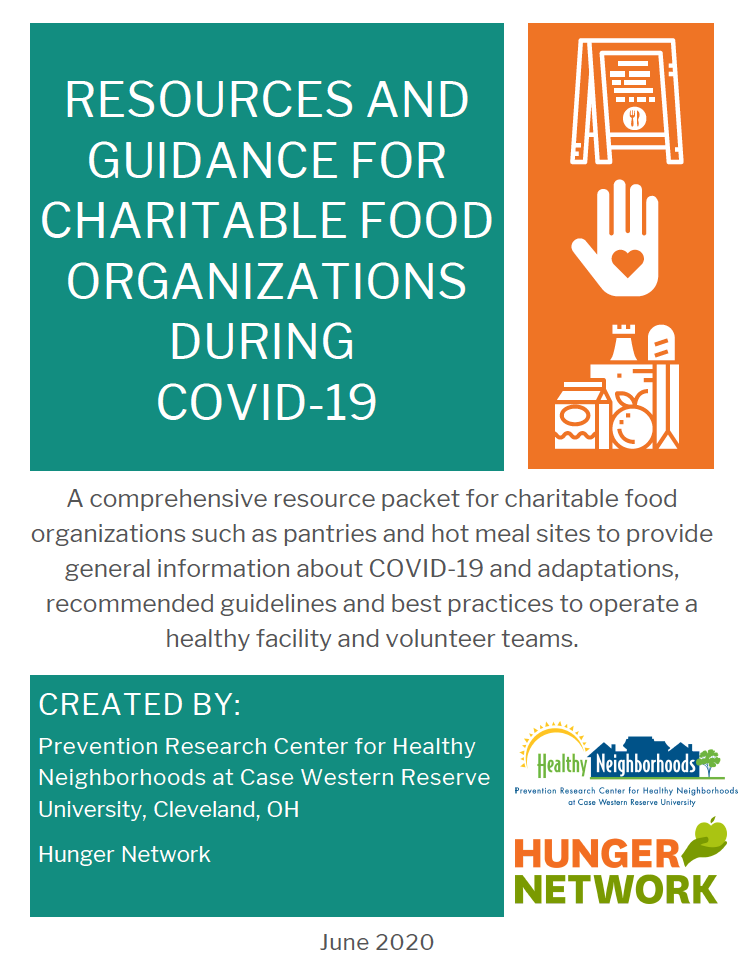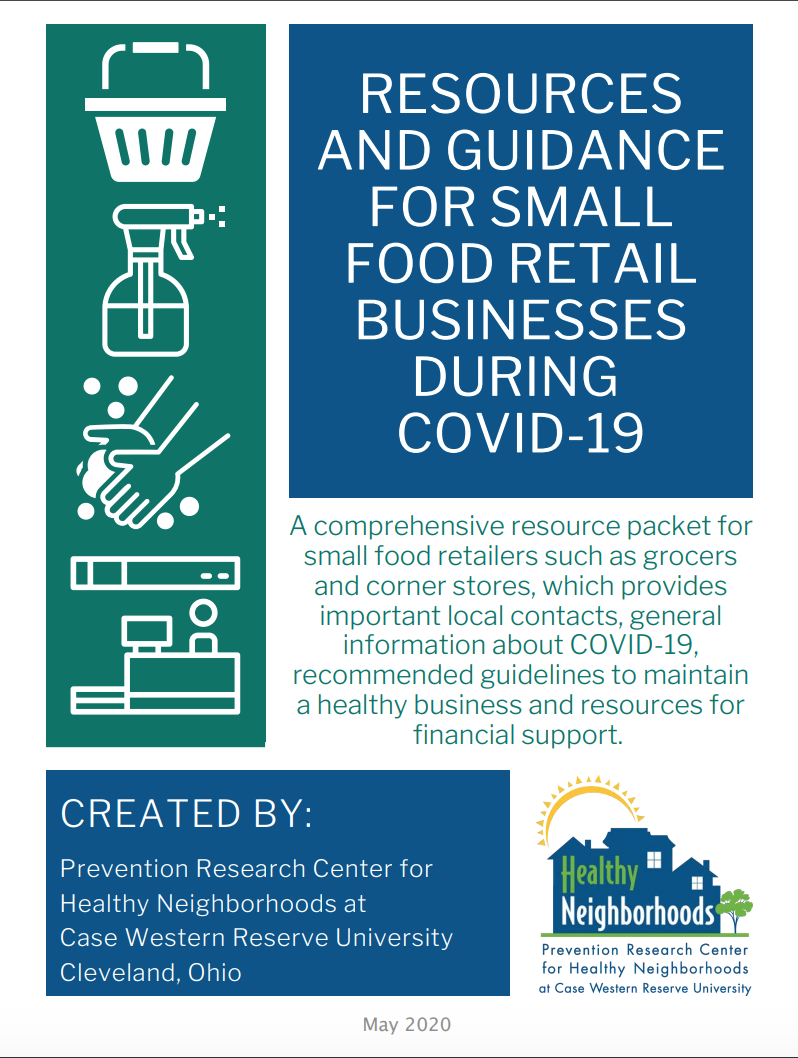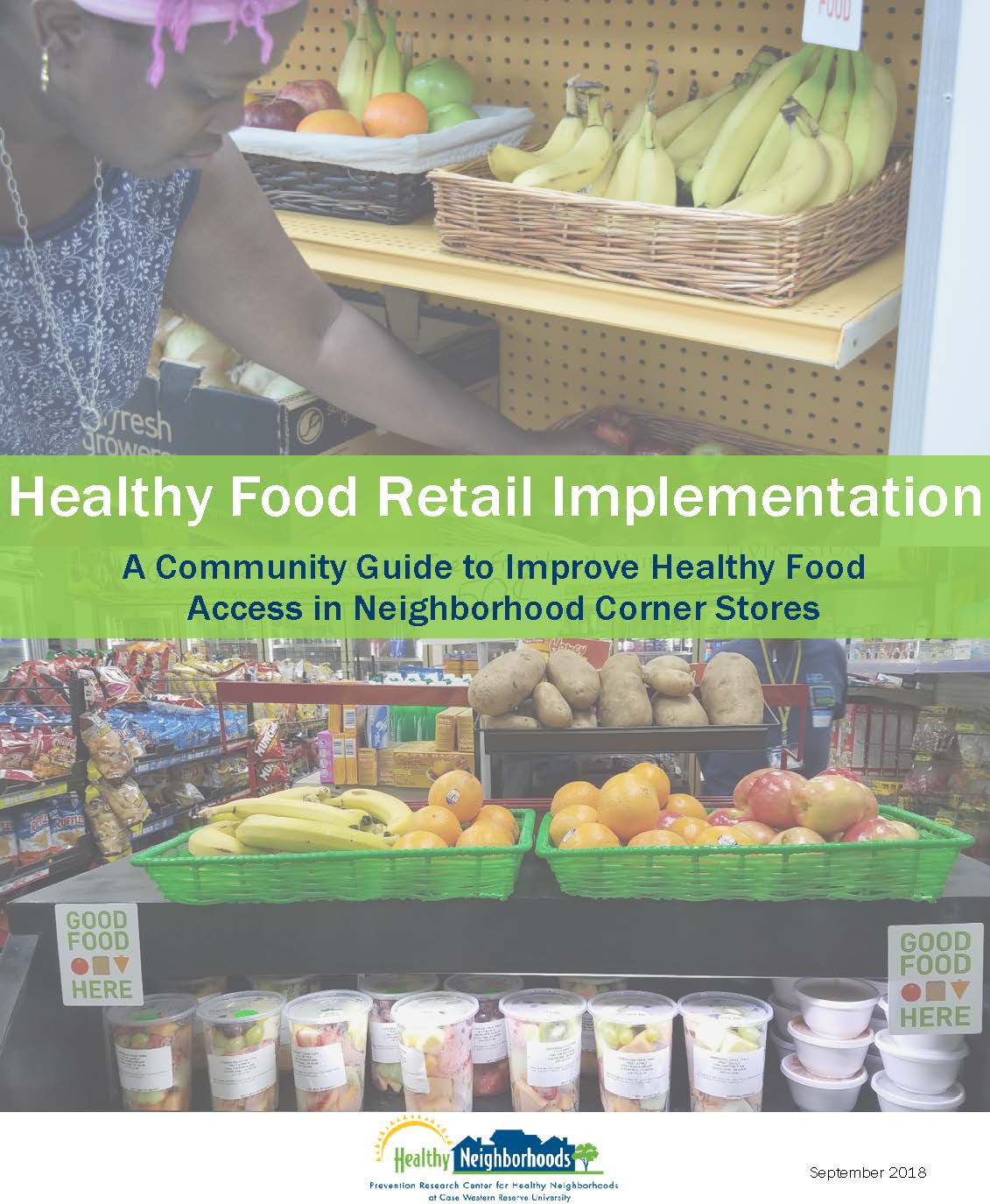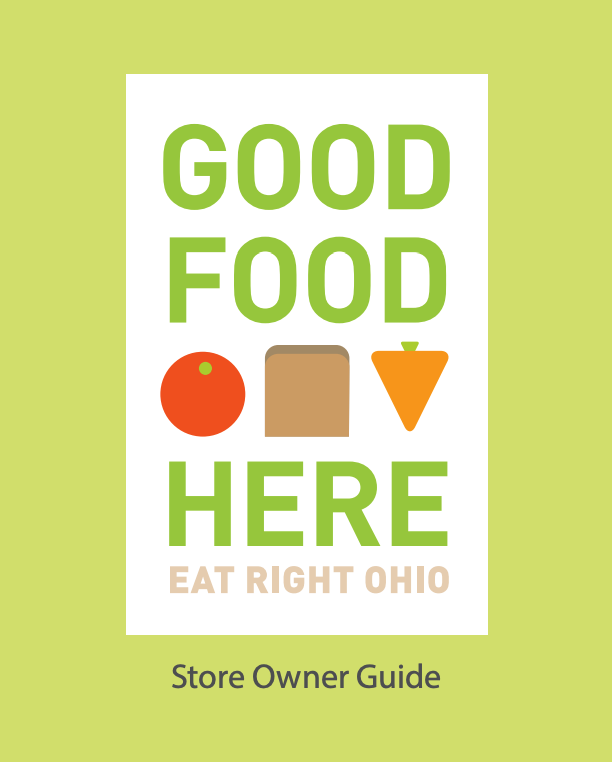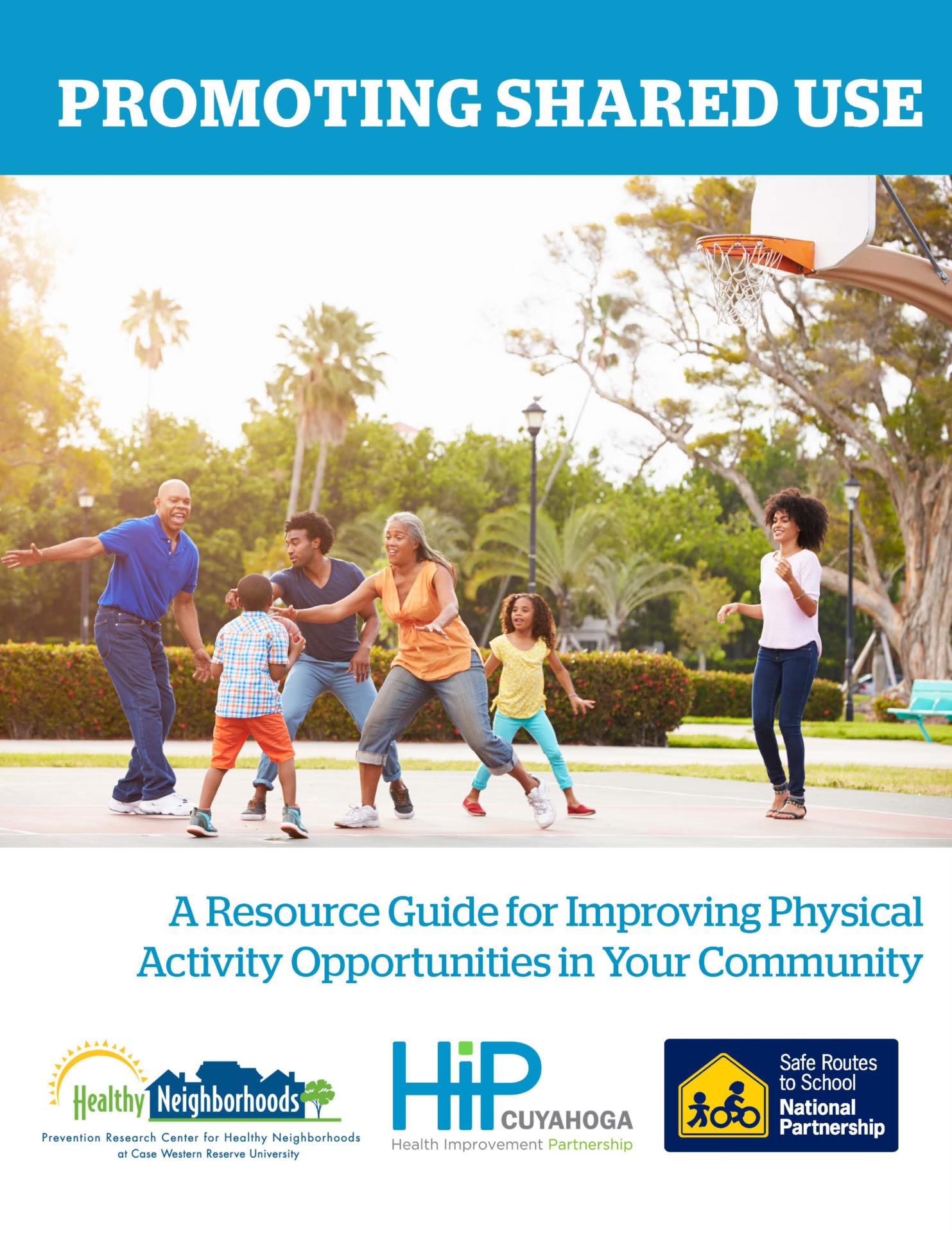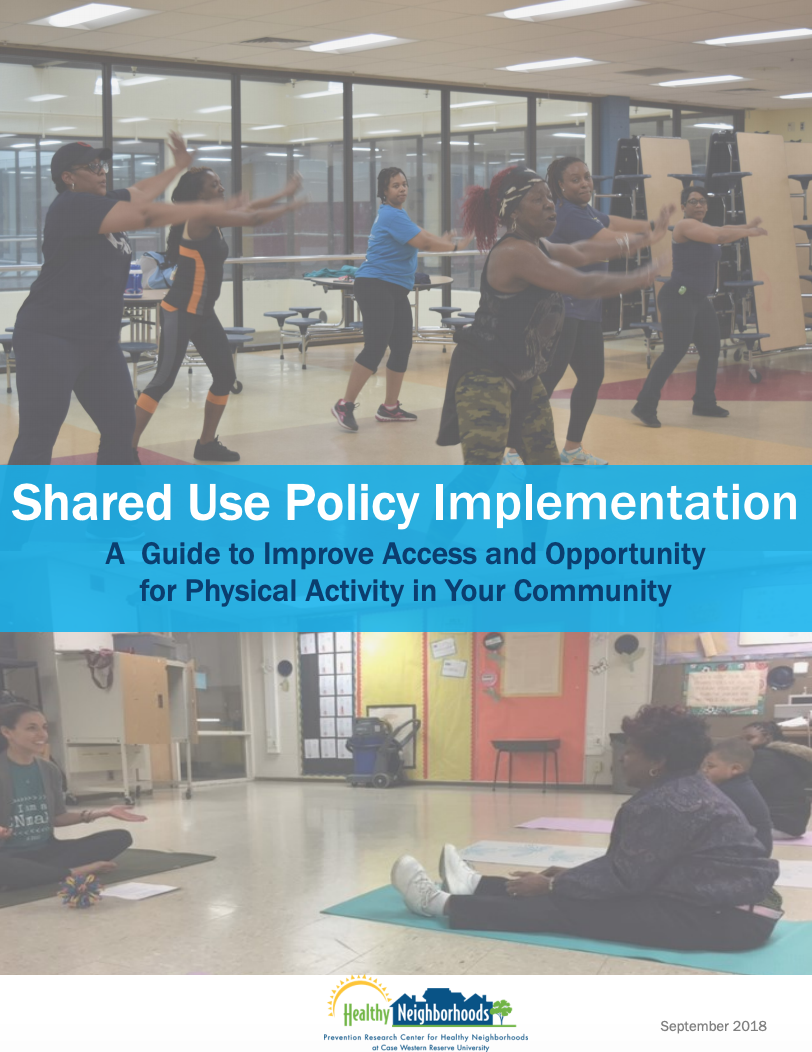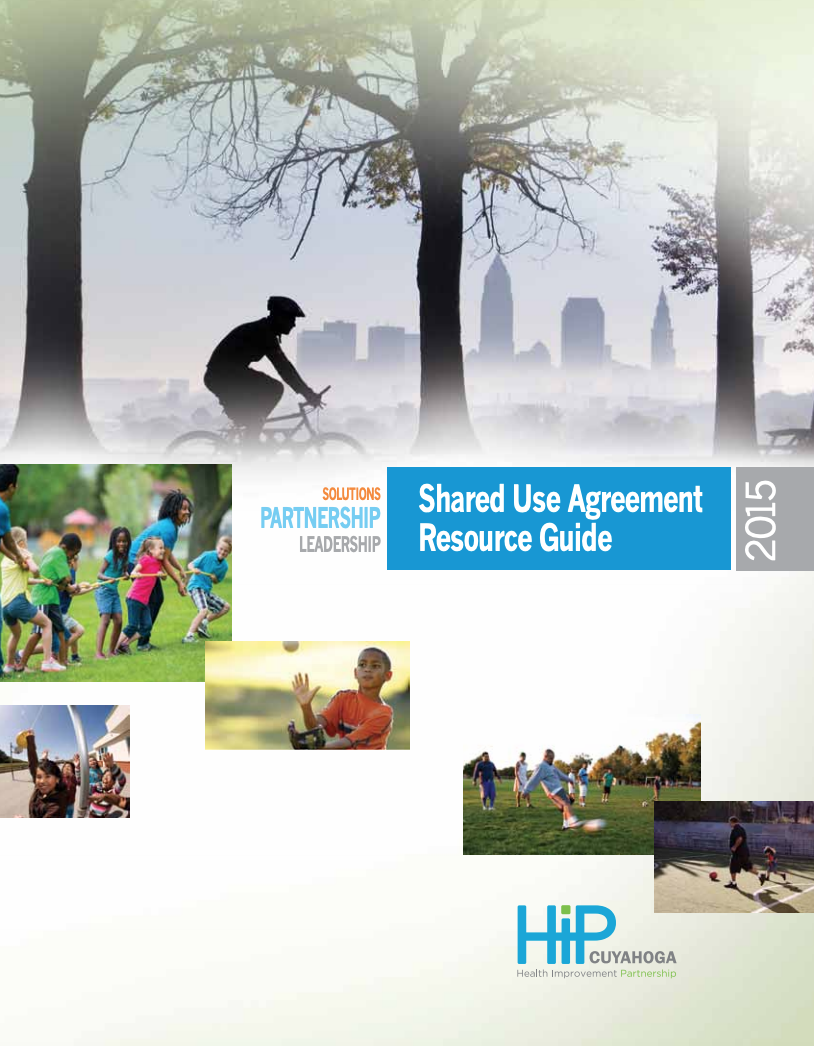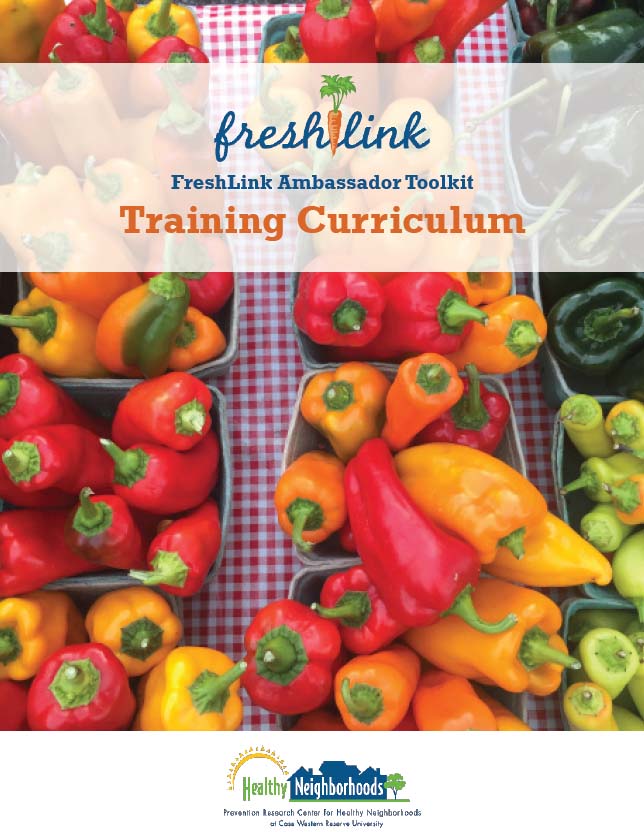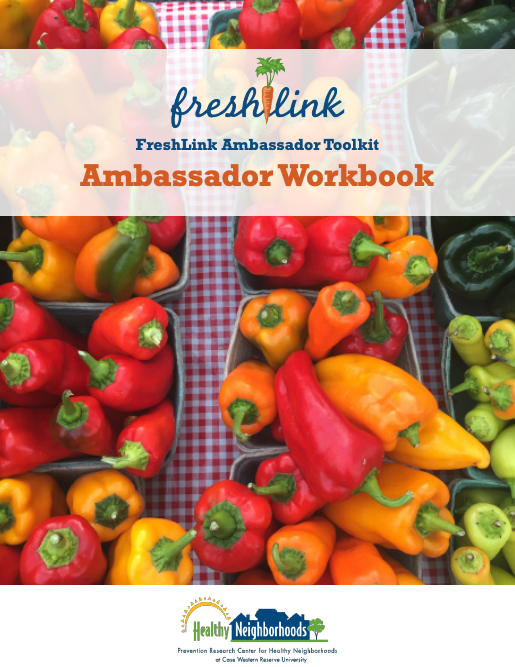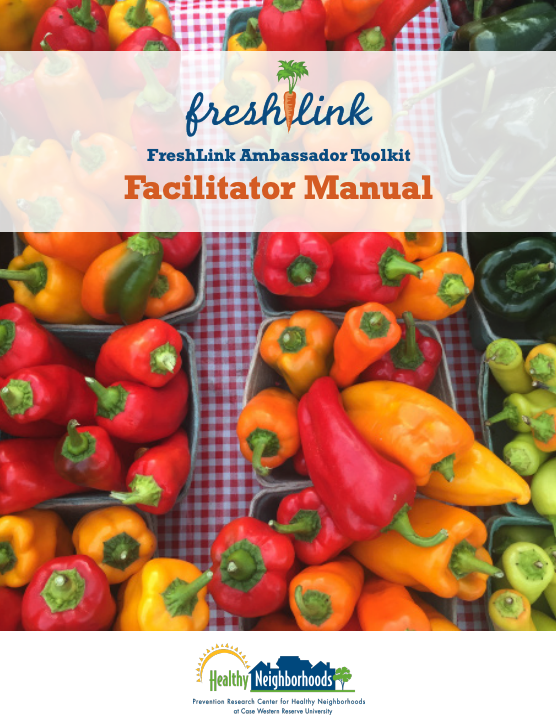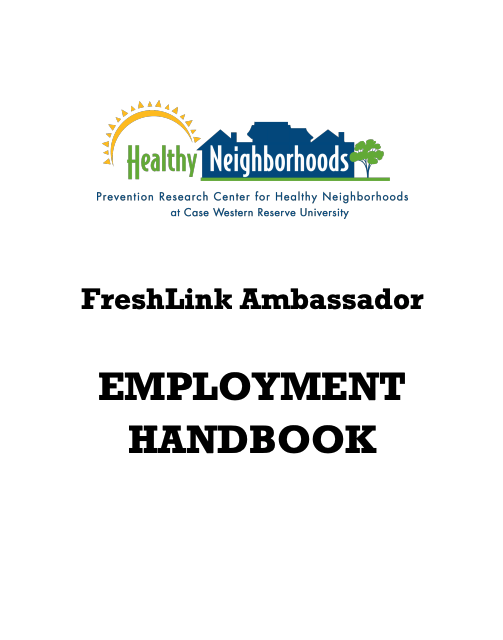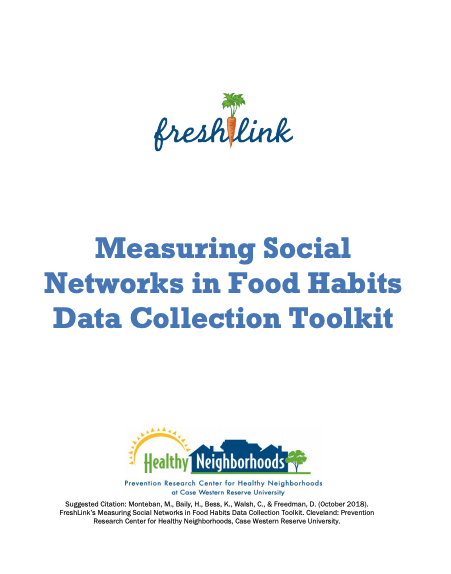PRCHN toolkits document best practices and lessons learned from the Center’s community-based participatory research to help other organizations, neighborhoods, and practitioners implement community health initiatives and programs.
COVID-19 Resources & Guidance Tools
As part of the REACH grant, the Healthy Food Access team created resource packets for both small food retail businesses such as corner stores and charitable food systems such as food pantries and hot meal sites. Each packet provides general information about COVID-19, recommended practices to maintain a healthy facility/organizations, and best practices for adapting to social distancing guidelines.
A resource packet for charitable food organizations such as pantries and hot meal sites to provide general information about COVID-19 and adaptations, recommended guidelines and best practices to operate a healthy facility and volunteer teams.
A comprehensive resource packet for small food retailers such as corner stores, which provides important local contacts, general information about COVID-19, recommended guidelines to maintain a healthy business and resources for financial support.
Healthy Food Retail Toolkits
The Healthy Food Retail Project is a grassroots approach to increasing access to healthy foods, especially in neighborhoods where residents primarily rely on convenience or corner stores for basic food needs. Our toolkits offer resources around planning, implementation and sustainability for both planning organizations and store owners, while also giving examples from our own personal experiences during the Good Food Here initiative in Cleveland.
This resource guide combines strategies, experiences, and lessons learned while providing available resources and helpful tools when working with owners of corner stores to increase their selection of healthy foods and engaging residents in the process.
Use This Guide as a tool to: learn how to purchase and carry fresh produce in your store; select other healthy food items; use the store materials provided to market healthy selections; and promote your new healthy food offerings and store.
Shared Use Toolkits
Shared use agreements are an affordable way of increasing opportunities for physical activity in low-resource communities where there may not many obvious places to play or exercise. The PRCHN’s Shared Use toolkits provide action steps, implementation methods, and suggestions for shared use through a community-focused lens.
This resource guide provides steps and guidelines to help anyone prepare and organize opportunities for shared use sites within their community. Spearheaded by the PRCHN, this guide is based off of the HIP-Cuyahoga Shared Use Initiative and provides action steps, implementation methods, and suggestions for shared use through a community-focused lens.
This resource guide will assist shared use policy holders and their partners with the tools to create a promotions plan, guidance on strategies and best practices for promoting their space to physical activity providers and community members, as well as examples from our own efforts here in Cleveland. This guide is a joint project with the Safe Routes to School National Partnership.
This Resource Guide breaks down the elements of a strong shared use agreement and provides information about how to overcome potential roadblocks and mishaps. Although there is no single method for developing an agreement, this guide provides definitions, checklists, templates and suggestions.
FreshLink Toolkits
The FreshLink Ambassador (FLA) Toolkit is designed to support the implementation of the FreshLink Ambassador model in diverse community settings. The FLA Toolkit includes four components that are designed to be used together: FreshLink Facilitator Manual, FLA Training Curriculum, FLA Workbook, and FLA Employment Handbook. The FLA Toolkit is based on lessons learned from the FreshLink Ambassador model developed and implemented in Cleveland, Ohio from 2014-18. While all documents were modified for generalized use, some topics and sessions remain Cleveland-specific to offer examples that can be adapted to your organization, population, and context. Adapting this toolkit for local use will require additional efforts to incorporate local cultural norms, data, and language (e.g., name of SNAP incentive programs, farmers’ markets, etc.). All of the training components in the FreshLink toolkit are below.
This guide provides a session-by-session curriculum for use by facilitators when training FreshLink Ambassadors. This guide should be used in conjunction with the rest of the materials in the FreshLink Toolkit.
This guide should be used by FreshLink Ambassadors in training and should be adapted to your local context. It is one in a series of training documents created by the PRCHN to aid other organizations in the planning, implementation, and evaluation of the FreshLink Ambassador program.
This facilitator’s guide supports those looking to implement the FreshLink Ambassador model. The guide incorporates best practices, lessons learned, and additional details important to consider when implementing the FreshLink Ambassador model. This guide should be used in conjunction with the rest of the materials in the FreshLink Toolkit.
This guide should be used by FreshLink Ambassadors in training and should be adapted to your local context. It is one in a series of training documents created by the PRCHN to aid other organizations in the planning, implementation, and evaluation of the FreshLink Ambassador program.
This toolkit brings together all of the documents used to conduct a social network-based health intervention. It is made available as a model for other studies that combine qualitative and social network data to inform public health interventions. However, it is NOT part of the FreshLink Training Toolkit.

